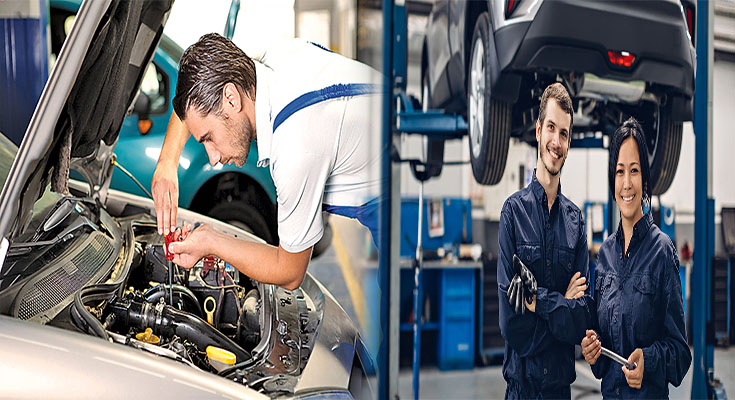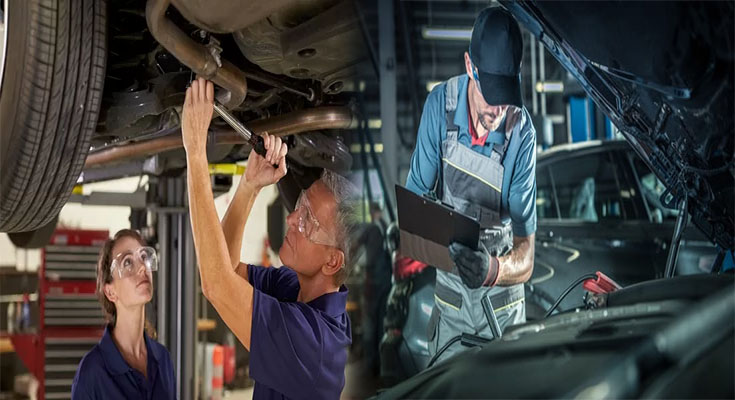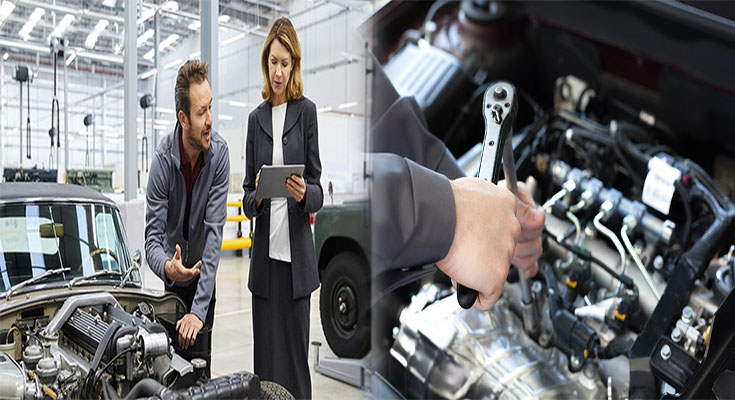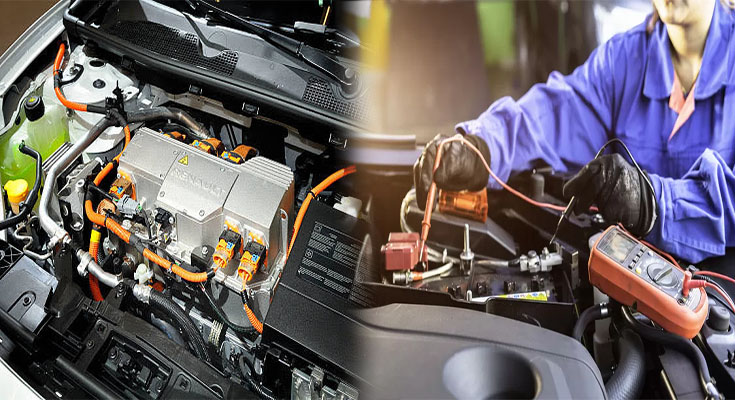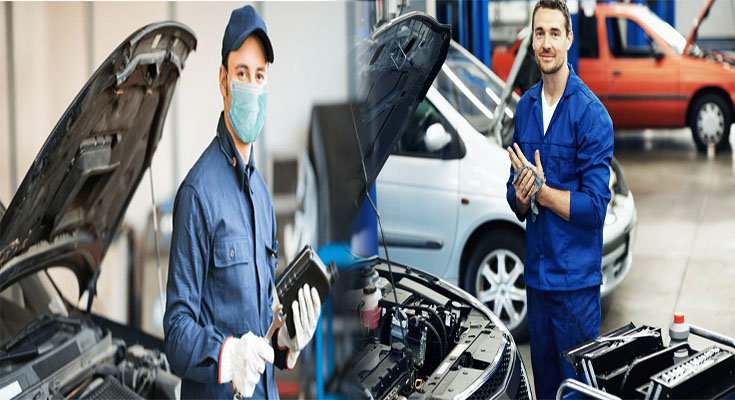Differences Between Automobile Mechanics and Auto Technicians
When it comes to professions within the automotive industry, the terms “automobile mechanic” and “auto technician” are often used interchangeably. However, there are key differences between the two roles that are important to understand. In this article, we will explore the distinctions between automobile mechanics and auto technicians, shedding light on the unique skill sets and responsibilities that define each profession.
Automobile Mechanics
Skill Set: Automobile mechanics are highly skilled professionals who are trained to diagnose, repair, and maintain a wide range of vehicle components and systems. They possess in-depth knowledge of mechanical, electrical, and electronic systems within automobiles.
Responsibilities: Automobile mechanics specialize in performing specific tasks related to vehicle maintenance and repairs. Their duties often include conducting engine diagnostics, performing oil changes, replacing brake pads, and fixing or replacing faulty parts such as alternators, starters, and fuel pumps.
Training: Automobile mechanics typically undergo formal training at …

